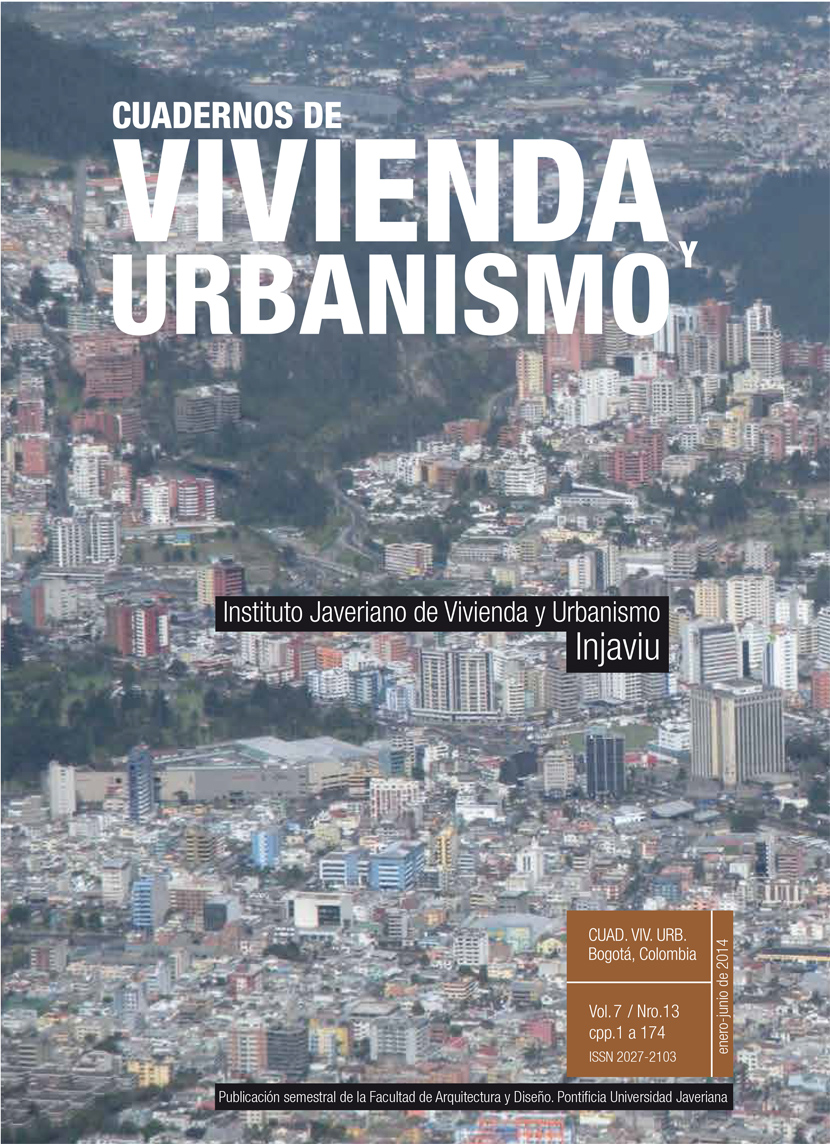Resumen
Independientemente del tamaño, de la importancia o las particularidades de las ciudades y sus sociedades, las condiciones de aislamiento y encerramiento sociourbano de los fraccionamientos cerrados residenciales de clase alta enfatizan aspectos subjetivos de inseguridad urbana como percepción de riesgo, imaginarios del miedo y sentimientos de inseguridad. Con método descriptivo-correlacional o estrategia no experimental mixta, este estudio muestra el impacto de lo mencionado en la vida cotidiana de sus habitantes. Este hecho acentúa dicotomías sociourbanas que incrementan el miedo al otro diferente y al territorio desconocido, modifica significados tradicionales atribuidos al concepto de inseguridad urbana, supera procesos formales de seguridad y traspasa fronteras, jerarquías de ciudad y tipologías de sociedades. Todo esto afecta las estructuras psicosociales de sus residentes, abona la cultura del miedo, consolida una espiral ascendente de inseguridad urbana, imprime universalidad en la relación entre aspectos subjetivos de inseguridad urbana y la manera en que se vive, conforma el territorio y estructura el espacio urbano.
Esta revista científica se encuentra registrada bajo la licencia Creative Commons Reconocimiento 4.0 Internacional. Por lo tanto, esta obra se puede reproducir, distribuir y comunicar públicamente en formato digital, siempre que se reconozca el nombre de los autores y a la Pontificia Universidad Javeriana. Se permite citar, adaptar, transformar, autoarchivar, republicar y crear a partir del material, para cualquier finalidad (incluso comercial), siempre que se reconozca adecuadamente la autoría, se proporcione un enlace a la obra original y se indique si se han realizado cambios. La Pontificia Universidad Javeriana no retiene los derechos sobre las obras publicadas y los contenidos son responsabilidad exclusiva de los autores, quienes conservan sus derechos morales, intelectuales, de privacidad y publicidad.
El aval sobre la intervención de la obra (revisión, corrección de estilo, traducción, diagramación) y su posterior divulgación se otorga mediante una licencia de uso y no a través de una cesión de derechos, lo que representa que la revista y la Pontificia Universidad Javeriana se eximen de cualquier responsabilidad que se pueda derivar de una mala práctica ética por parte de los autores. En consecuencia de la protección brindada por la licencia de uso, la revista no se encuentra en la obligación de publicar retractaciones o modificar la información ya publicada, a no ser que la errata surja del proceso de gestión editorial. La publicación de contenidos en esta revista no representa regalías para los contribuyentes.


